David Heinemeier-Hansson (Nielsen Racing): "I bring some of the money and some of the talent"
David Heinemeier-Hansson is an atypical character. An outstanding computer programmer and creator of the Ruby on Rails framework, he was named hacker of the year in 2005 by Google and O'Reilly, before discovering a talent for driving shortly afterwards.
In short, a man to whom everything succeeds. Such is his talent that just five years after his very first laps on a circuit, the Dane found himself at the start of the 2012 edition of the 24 Hours of Le Mans and quickly established himself as one of the best gentlemen drivers on the grid.
Runner-up in LMP2 in 2013, winner of the GTE Am class the following year and 3rd in 2016, he will be taking part in his 11th Le Mans 24 next June in the #24 Nielsen Racing Oreca 07 alongside LMP2 title holder Albert Costa.
And yet, DHH no longer believed in it, as he explains in a column he regularly writes on the internet. A turn of events that prompted him to launch into a far from uninteresting reflection on the sport he loves, but not only. Here is the translation:
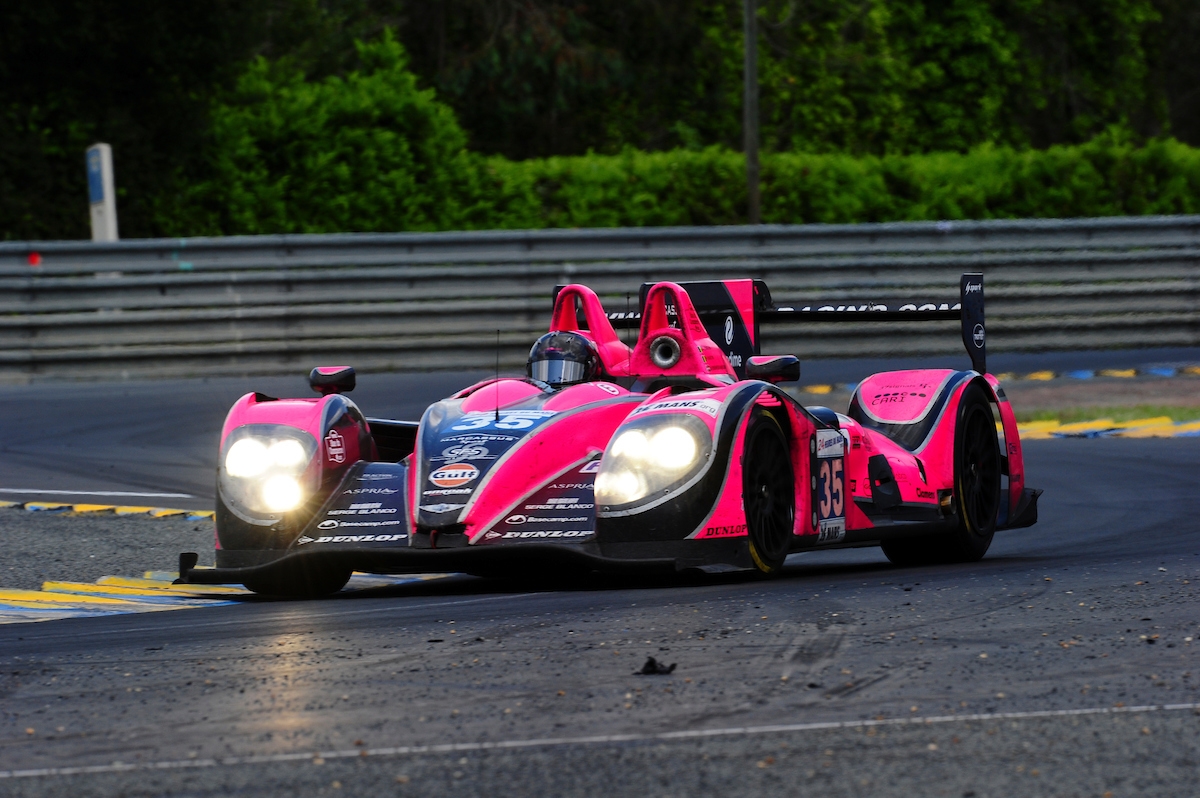
This will be my 11th attempt. The first time I showed up on the grid at Le Mans was in 2012 -- some five years after I had first driven a real race car, and even less time since I made participating in the world's greatest endurance race the ultimate goal. But it almost didn't happen this year.
See, motorsports relies on a curious mix of money and talent. It's usually not enough just to be good at driving to get a seat in a competitive car. The majority of teams competing, certainly in sports car racing, either are or have been funded by passionate privateers who bring the budget to make racing possible. Even in Formula 1 is this part of the dynamic.
I bring some of the money and some of the talent, but never enough to single-handedly make a program worthy of a Le Mans entry happen. I have to team up with other drivers who bring another part of the budget, and a bit more talent, as well as some drivers who just bring their peak talent. Oh, and find a team that preferably has a few sponsors to close the gap. It's always a dance.
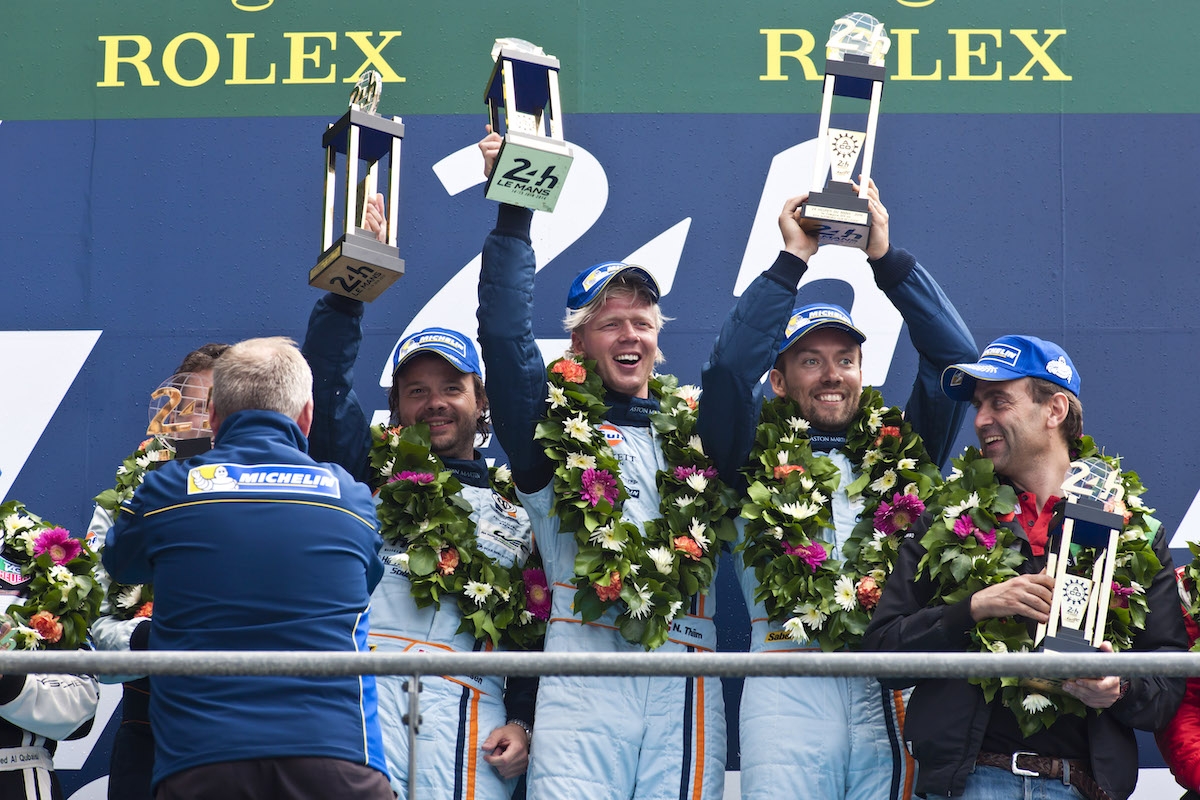
And this year, it seemed like the dance wasn't going to close. Plenty of conversations, plenty of ideas, but no contract, no signatures. Until suddenly, a few weeks ago, a driver dropped out of their contract, and voila, a seat with Nielsen Racing for the European Le Mans Series and the 24 Hours of Le Mans was available for me to fill. Nice!
But it's a weird time in sports car racing. On the one hand, this will be perhaps the most exciting 24 Hours of Le Mans ever, in terms of high-profile manufacturer involvement. We'll see competition between Ferrari, Porsche, Lamborghini, Toyota, Cadillac, BMW, Peugeot, and Alpine this June in France. No wonder the race has been sold out since November.
On the other hand, nobody seems to know what the future of the car is going to look like. Is everything going electric? Will AI be driving us all around shortly? Who's going to reap the spoils of this transformation: Software makers in Silicon Valley or battery makers in China? Where does this leave the historic motoring brands of Europe?
You'd think this level of uncertainty about the future would have dampened the will among car makers to spend lavishly on big-budget racing programs. And yet we're at an all-time high for both Formula 1 and sportscar racing. It's curious.

Not that I'm complaining, mind you. It's rather amazing to be able to participate in such a golden era of motorsport. To be able to show up to the Super Bowl or Wimbledon or World Cup finals of our sport, as an amateur, and compete with the best drivers in the world. What a privilege.
Even more so because I know this isn't going to last forever. I was 32 when I first drove at Le Mans. Now I'm 44. Drivers don't get better after forty, that's just a fact.
Most have already retired by then, actually. Fernando Alonso, at 42, being the exception that proves the rule. So I keep waiting for my dip to come any minute now. For the lap times to fall off, first a little, then a lot. Or for the incident rate to increase. There's just no fighting nature, it will happen.
But perhaps because I don't have that peak talent, I'll be spared a little longer. Be given a few more races at the top of my game, before the inevitable decline comes.
I don't say that with any trepidation. I'm at peace with the circle of life, it's array of inevitable declines, and with it's finality. Nobody gets to be their best at almost anything forever, certainly not in the physical realm, and none of us will make it out of alive. If anything, there's a sense of relief in knowing that none of it -- not racing, not programming, not entrepreneurship -- is meant to go on forever.
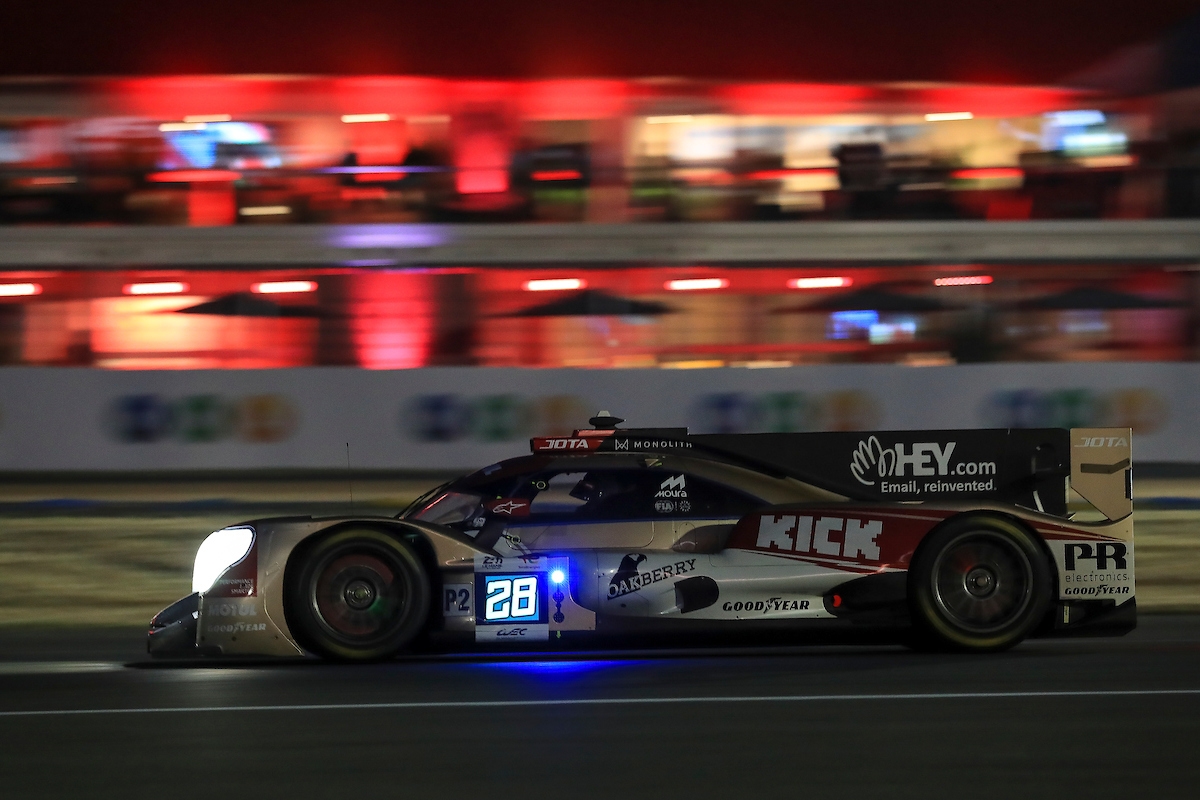
Perhaps this is an easier existential pill to swallow once you've had kids. Seeing my three boys get quicker in their gokarts, whether they'll eventually turn it into car racing or not, tastes like the saying "when old men plant trees whose shade they know they shall never sit in".
Now we're really off track, but that is perhaps one of the most rewarding aspects of having children. This biologically-infused acceptance of finality. I don't have to live forever, because the human lineage I'm a part of, and that's millions of years old, is going to continue. Whether they'll be racing cars or not.
But that brings us back to one of my favorite parts about driving a race car real fast: There's no time for existential deliberation! All your attention must be focused on making the perfect inputs for the next corner, lest you give up a tenth of a second or make a mistake that sends you and the car into the wall. Everything else simply must vanish for your attention to be devoted to the task at hand: Go fast, don't crash.
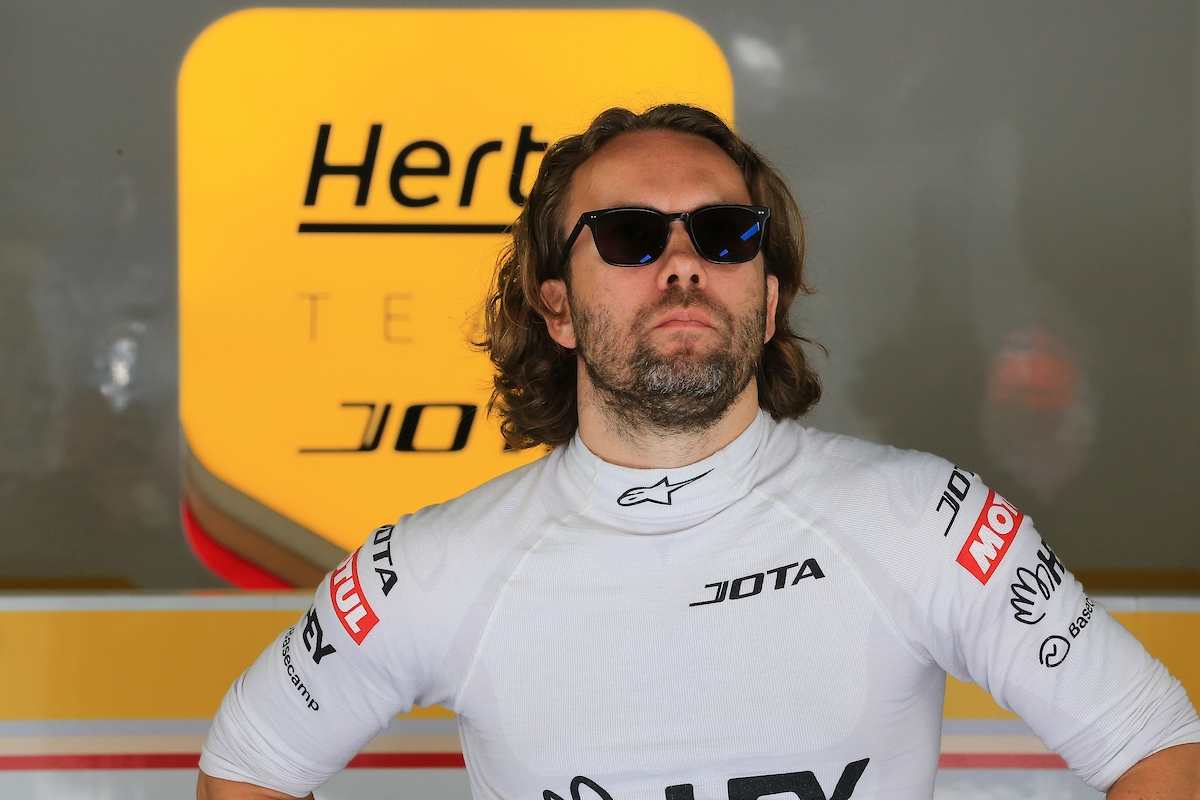


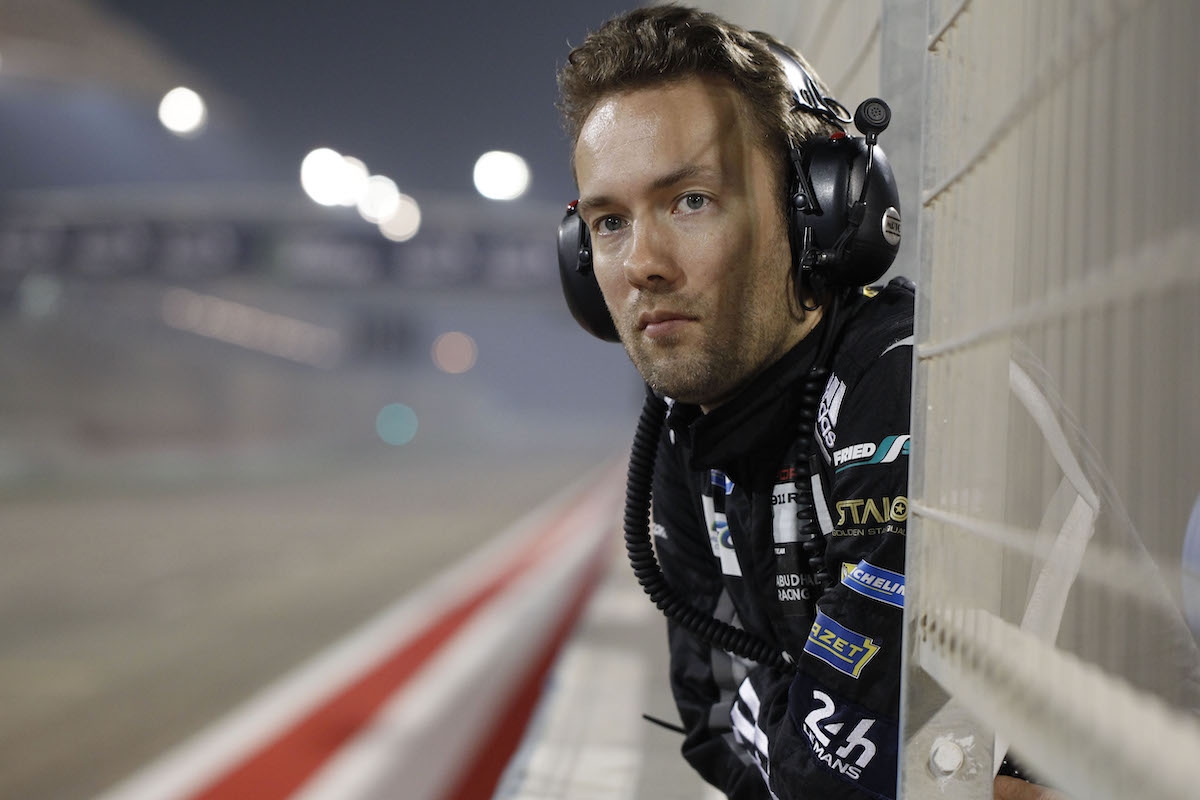
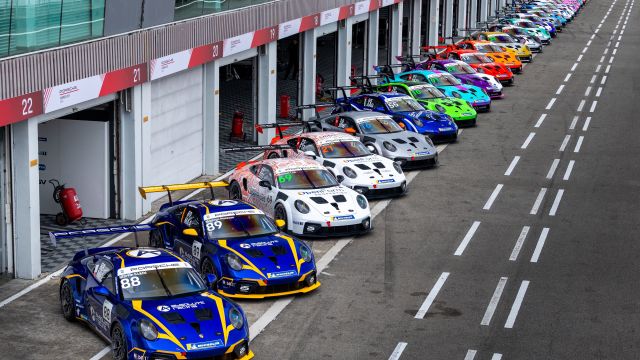
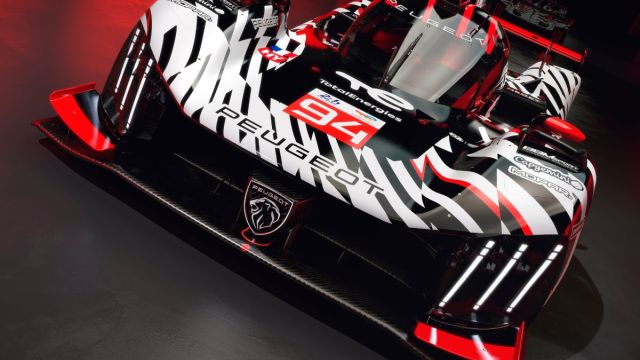
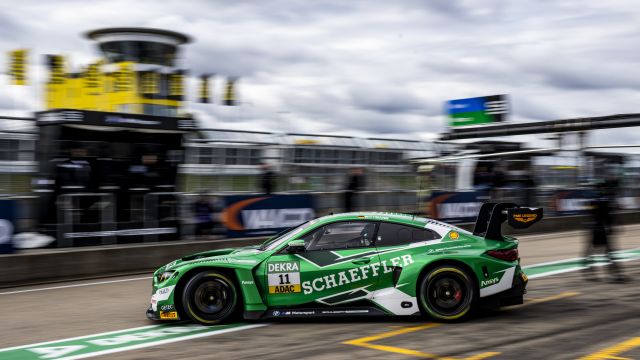
Comments
Log in to comment the article